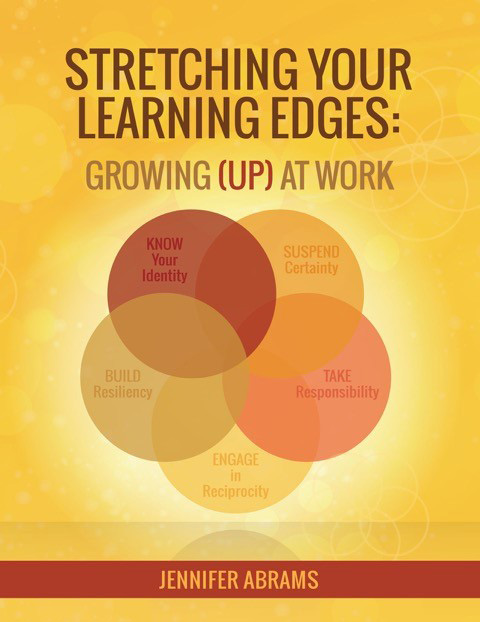Being Influential: What Does It Take?
May 23, 2018

Here are 3 skills you can learn to make more of a difference
I coach many a teacher who shares with me that they are frustrated with the system in which they work. They have ideas to make things better but complain that no one listens. I have been there. I was that teacher, frustrated with my ability to make a difference in a bigger way. What would it take to be of more influence?
When I went to get my credential, I learned how to teach students but didn’t get any coursework or learning in how to work effectively with adults. If you want to increase your scope of influence beyond your students and your classroom, there are skills you can learn that make a difference. Here are just three.
1. Don’t just have complaints. Have suggestions.
I mentioned this a few columns ago in my column “How do I share something challenging with my supervisor?” but it bears repeating here.
Recently I was on a conference call with two administrators who were open to hearing their faculty’s frustration for how things had gone this past year and their need for more transparency around decisions, their concern around how discipline has been handled, and their need for communication around the rollouts of new initiatives. For these administrators it is hard to listen to negative feedback from faculty. What might have had more influence would have been if the teachers had offered a set of suggestions for what could be changed for everyone: what the teachers could do differently on their end and any possible next steps for the school at large.
Delivering complaints without possible solutions on both sides is a better guarantee of not getting what you want. Taking ownership and responsibility of some of the next steps and offering suggestions—and not complaints—makes you more influential in the long run.
2. Take a field trip to the other person’s world.
To be more influential in any given situation where you would like your voice to be heard or your ideas considered, ask yourself where the other person is coming from. This isn’t an exhaustive list of what you should be thinking about before you speak, but here are some questions to ask yourself prior to sharing input:
What are this person’s past experiences at the school and in dealing with others? What memories are he or she carrying? What is their tenure here?
What is their current reality and what is on their plate?
Are they experiencing any personal or family challenges at this time that might be taking up their psychic space?
Might their generation being different from yours give them a different “take” and how could you frame your ideas in a way that might be more
gen savvy?
Might you need to frame your ideas around what they are dealing with in terms of the politics of their department or the district and how can you align with their concerns?
There are so many other questions to consider, but the idea of even realizing their concerns might be different than yours and then communicating with their needs in mind will go a long way in helping you be of more influence.
3. People resist. Don’t freak out.
I have spent the last decade learning how to have more humane, growth-producing, hard conversations. Since my first book, Having Hard Conversations, came out, readers have asked me, “But what if they yell in response to my feedback?” “What if they blame me?” “How do I stay assured and confident?”
I don’t have the perfect answer, but I can tell you that yelling back, in most cases, will not make you influential. In order to gain long-term support, you need to stay professional and mature in your responses. Here are a few suggestions from my book, Hard Conversations Unpacked, around the idea, “What if they say…?”
When someone refuses to listen and acts as if this issue isn’t worth talking about.
“From your vantage point, this might not seem like it is worthy of discussion. However, the impact this action has had on others has made it difficult to…/challenging for _______ to do her job. I have a responsibility to bring it up and as a professional on the team, you have a responsibility to engage with this information.”
When someone says, “The district always makes us…”
“We are the district. All of us. We can always ask our colleagues for clarification, seek support, and ask that those working here address concerns we have. Stating that the district is making us do something gives away our power. We have a sphere of control and influence.”
You can develop influence in your department, team, and school. What does it take? Planning, empathy, linguistic savvy, and more. As educators we may not have received credentials in how to talk effectively with adults. Yet to make the changes we want to see in our schools and systems, learning ways to be of influence is essential for us all.
This post was originally published as the ninth in a new column Jennifer writes for eSchool News. In her column on ‘Personal Development’, Jennifer focuses on tangible takeaways, tools and teachings that all those working in schools can use to develop their leadership. Read more about the column and browse past and future content here.

